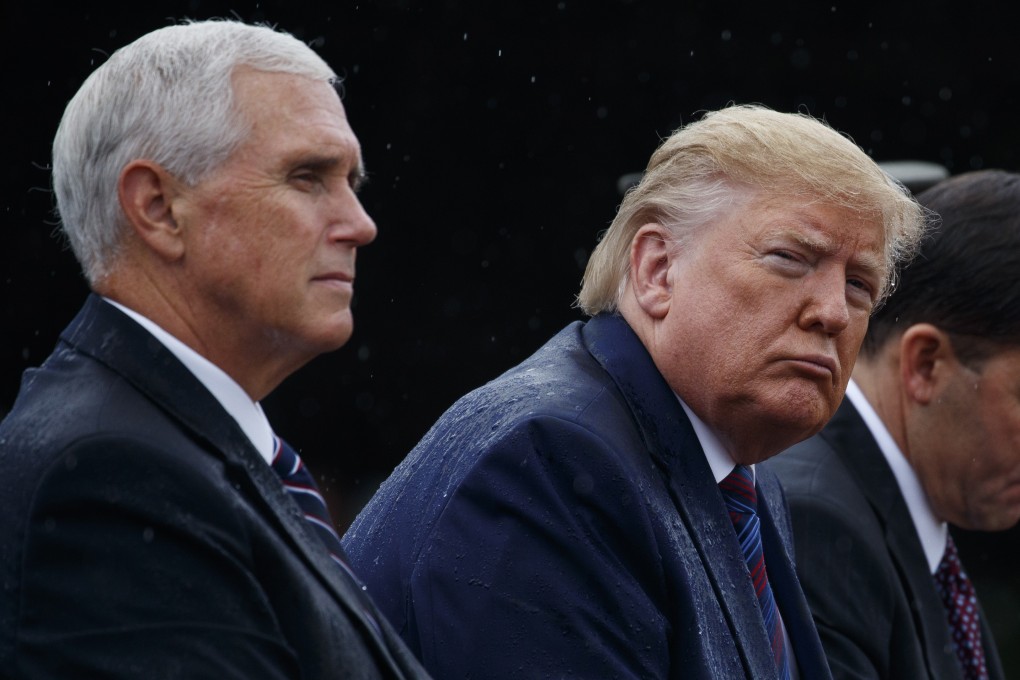Macroscope | The impact of a Trump impeachment would be just too unpredictable for confused markets to cheer it on
- Hope that the impeachment inquiry may spur Trump to conclude a trade truce with China remains just that – mere hope. Too many variables are at play, including Beijing’s reaction to a weakened Trump presidency. Truth be told, markets have not done too badly under Trump

If the betting markets are to be believed, the chances of US President Donald Trump being impeached by the end of his first term currently stand at just under 70 per cent.
According to PredictIt, a political betting website, the odds have risen sharply since September 24, when the opposition Democratic Party, which controls the House of Representatives, launched an impeachment inquiry into charges that Trump improperly solicited the aid of Ukraine’s president to help dig up dirt on former vice-president Joe Biden. Biden is one of the leading Democratic contenders to take on Trump in next year’s presidential election.
These odds seem far too high, given that it is unclear whether the House will be able to find incontrovertible evidence against Trump (and, more importantly, whether a sufficient number of Trump’s fellow Republicans, who control the Senate, would vote to convict a president from their own party). Yet, the dramatic increase in US political risk injects yet more uncertainty into an already perilous global economic and policymaking environment.
US domestic politics, moreover, has suddenly risen to the top of the list of concerns for financial markets.
